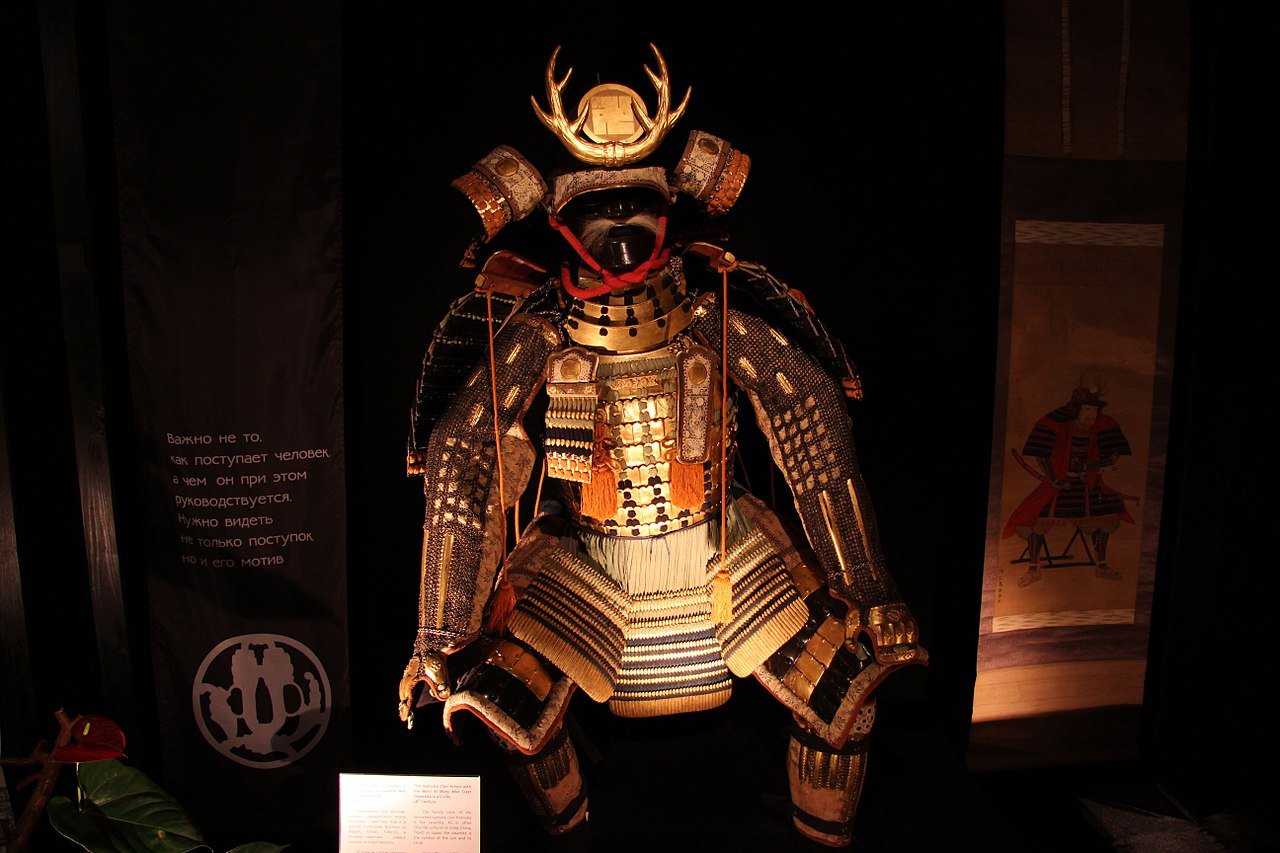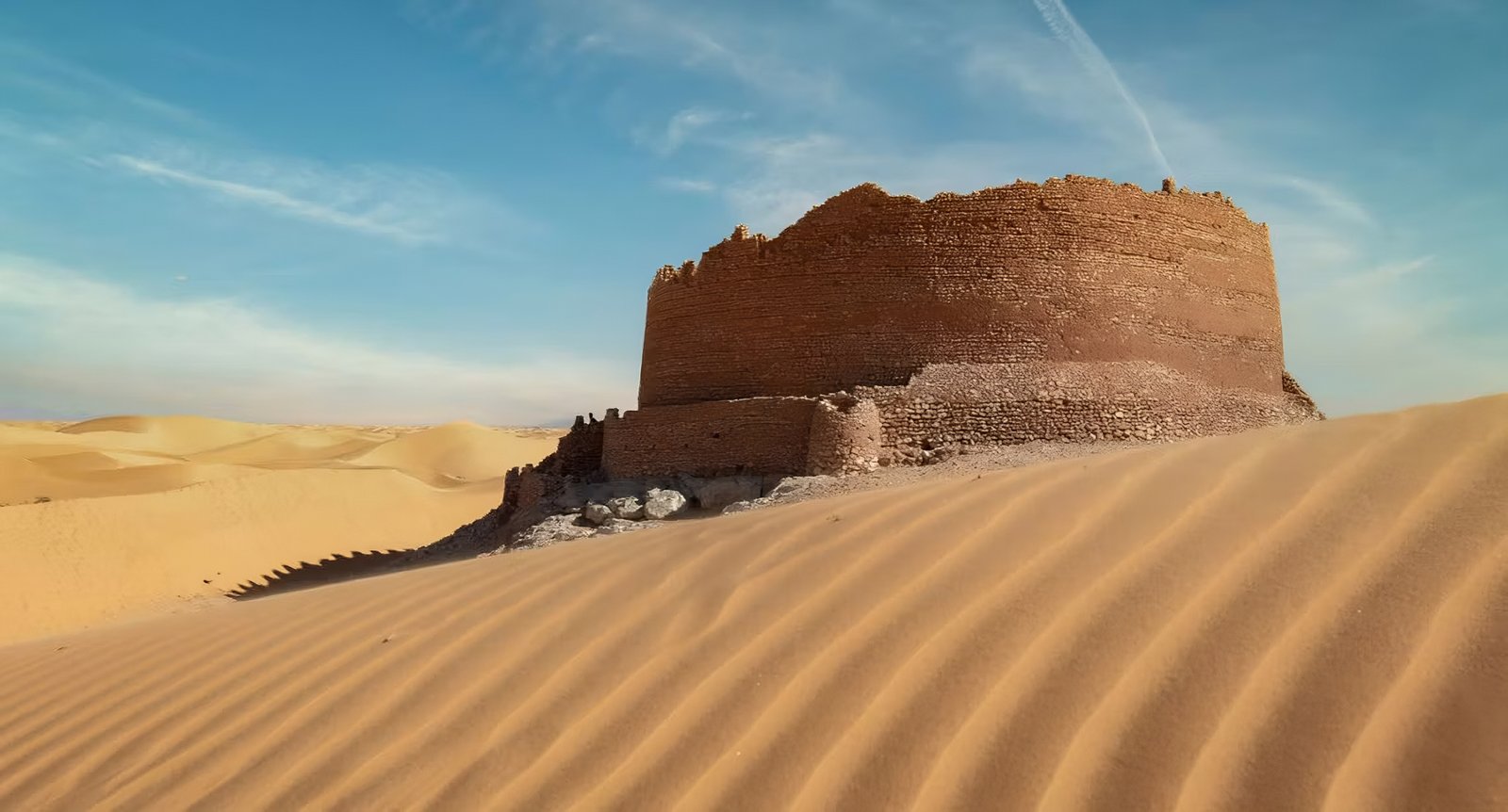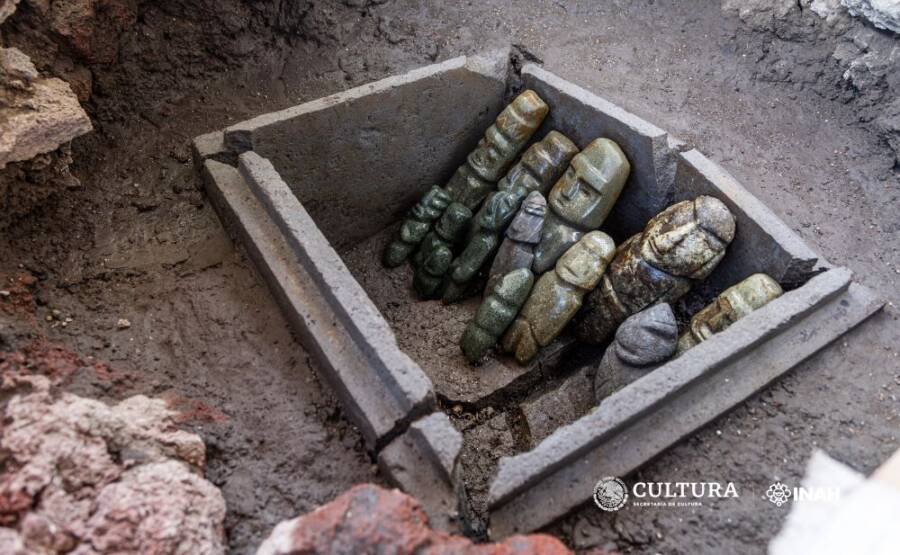In the realm of Greek mythology, few figures hold as much fascination and intrigue as Pandora. Her story, intertwined with the enigmatic box she was entrusted with, has captivated audiences for centuries, fueling debates and interpretations about its meaning and significance. This comprehensive exploration delves into the depths of Pandora’s tale, examining her creation, her forbidden curiosity, the contents of her infamous box, and her enduring legacy.
The Formation of Pandora in Greek Mythology

Origins of Pandora in Greek Mythology are shrouded in myth and legend. According to Hesiod’s epic poem “Works and Days”, Zeus, the king of the gods, sought to punish humanity after the Titan Prometheus stole fire from heaven. To enact his revenge, Zeus instructed Hephaestus, the god of fire and craftsmanship, to mold a beautiful woman from clay. Each god bestowed upon her unique gifts, enhancing her beauty and charm. Athena granted her wisdom, while Aphrodite endowed her with grace and allure. Hermes, the messenger god, gifted her with cunning and persuasive speech.
Pandora’s Box: The Epic Containment
The most infamous possession of Pandora in Greek Mythology was a jar, commonly referred to as Pandora’s box. Zeus, aware of Pandora’s curiosity, placed all the evils of the world within the jar, including sickness, death, labor, and deceit. He then presented Pandora to Epimetheus, Prometheus’ foolish brother, as a bride. Despite Prometheus’ warnings to never accept any gifts from the gods, Epimetheus was captivated by Pandora’s beauty and readily accepted her.
Pandora’s Forbidden Curiosity
Unable to resist the temptation, Pandora in Greek Mythology eventually opened the jar, unleashing the evils it contained. These evils spread throughout the world, causing suffering and hardship among humankind. Only one thing remained within the jar – Hope. This glimmer of positivity amidst the chaos offered a sense of resilience and perseverance, reminding humanity of the potential for good even in the face of adversity.
What Escaped from Pandora’s Box?
The contents of Pandora’s box have been subject to various interpretations throughout history. Hesiod’s account lists a range of evils, including:
- Sickness: Diseases and ailments that plagued humanity
- Death: The inevitability of mortality and the loss of loved ones
- Labor: The necessity to work for sustenance and the toil associated with physical exertion
- Deceit: Lies, trickery, and dishonesty that eroded trust and harmony
- Envy: The desire for what others possess, leading to discontent and conflict
- Greed: An insatiable thirst for material possessions, often at the expense of others
- Hatred: Intense feelings of dislike and animosity, fueling violence and discord
- War: Conflicts and bloodshed that caused widespread destruction and loss of life
Pandora’s Hope: A Glimmer of Positivity
Pandora’s jar held one thing back, even when all other evils escaped – Hope. This small spark highlighted the power to stand firm and bounce back, even in tough times. It stood for the human ability to handle trouble and keep aiming for a brighter tomorrow. Hope told us that no matter how hard or hopeless things seem, there’s always a chance to pull through and find peace.
Pandora’s Significance in Greek Mythology

The story of Pandora in Greek Mythology holds a significant position in Greek mythology. Her creation and actions underscore the complex relationship between gods and humans, highlighting the themes of obedience, curiosity, and the consequences of human choices. Pandora’s tale also serves as an etiological myth, explaining the origins of evil and suffering in the world.
Portrayals of Pandora in Art and Literature
Pandora’s captivating story has inspired numerous artistic and literary works throughout history. Artists have depicted her on vases, sculptures, and paintings, often emphasizing her beauty and the temptation of the jar. Literary works have also explored Pandora’s narrative, with playwrights like Aeschylus and Euripides and poets like Hesiod and Ovid offering their interpretations of her character and the meaning of her story.
Characteristics of Pandora in Greek Mythology
Pandora’s character is multifaceted and complex. She embodies both beauty and curiosity, obedience and defiance, and innocence and culpability. Her curiosity, while leading to the release of evils, also reflects the human desire for knowledge and understanding. Pandora’s story invites us to consider the nature of curiosity, the consequences of our choices, and the enduring power of hope.
Facts About Pandora in Greek Mythology
Let’s discuss some less famous details about Pandora in Greek Mythology from myths in Greek:
- Pandora’s moniker translates to “all-gifted” or “all-giving.” This mirrors the many blessings the gods showered her with.
- Some sources suggest that Pandora was not the first human woman but rather the first mortal woman, as other female deities existed prior to her creation.
- The mistranslation of “pithos,” a large jar, as “pyxis,” a box, led to the popular notion of Pandora’s box being a small, wooden container.
- Different versions of the myth vary in the details, including the specific evils released from the jar and the role of Hope. Some versions omit Hope altogether, suggesting a more pessimistic view of humanity’s fate.
- Pandora’s story has been interpreted in various ways, with some seeing her as a symbol of female curiosity and others viewing her as a cautionary tale about the dangers of disobedience and the consequences of human actions.
Pandora’s Enduring Legacy
Everyone knows Pandora’s tale from Greek myths. This story has touched more than just Greek tales. It’s had a lasting impact on art, books, and our way of life. We’ve come to think of Pandora in Greek Mythology as a symbol of curiosity, temptation, and the letting out of evil. Her box stands for how human decisions can be random and how these choices can lead to unexpected results.
Theories and Interpretations
Scholars have offered various interpretations of Pandora’s story, examining its symbolism, themes, and the motivations of the characters involved. Some theories suggest that Pandora’s curiosity was not a fault but rather a necessary step in human development, leading to the acquisition of knowledge and understanding. Others view Pandora’s actions as a reflection of humanity’s inherent tendency towards self-destruction.
Popular Misconceptions About Pandora
Common misconceptions about the story of Pandora in Greek Mythology include:
- The belief that Pandora was created to punish humanity, specifically for Prometheus’ theft of fire. While Zeus’ actions were motivated by revenge, Pandora’s creation was more complex, involving the desire to introduce evils into the world as part of a broader plan.
- The notion that Pandora was inherently evil or solely responsible for the release of evils. Her curiosity, while a significant factor, was not the sole cause of the evils’ escape. The jar’s contents were placed by Zeus, and the final decision to open it rested with Pandora.
- The misconception of Hope, often seen as something good, yet being kept from mankind. In the myth’s scenario, Hope embodied the ongoing existence of suffering and gloom; a perpetual echo of released evils.
Pandora in Comparative Mythology

The story of Pandora in Greek Mythology shares similarities with other mythological figures from different cultures. For instance, Eve in the biblical creation narrative also succumbs to temptation and brings about suffering, while Prometheus in Greek mythology defies the gods and brings fire to humanity, ultimately enduring punishment for his actions.
Pandora’s Box in Pop Culture
Pandora’s box has become a widely used metaphor in various forms of media, including literature, films, and television shows. It often represents the release of uncontrollable forces, the unexpected consequences of actions, or the dangers of forbidden knowledge.
Legacy and Influence
Pandora in Greek Mythology greatly influences several areas such as art, literature, and conversations around feminism. She symbolizes women’s curiosity, power, and obstacles they endure in male-dominated societies.
Conclusion: Pandora’s Enduring Enigma
Pandora’s tale from Greek Mythology still sparks interest. It sheds light on human traits, curiosity and the results of our actions. This story continues to motivate many artists, authors, and deep-thinkers. It reminds us of the strength of curiosity, our own ability for both good and bad, and lasting hope even when times are tough.
Reflecting on the Timelessness of Pandora in Greek Mythology
The myth of Pandora in Greek Mythology has captivated and intrigued audiences for centuries, transcending the boundaries of time and culture. Its enduring appeal lies in its exploration of universal themes that resonate deeply with the human experience: curiosity, obedience, temptation, and the consequences of our choices.
Frequently Asked Questions About Pandora in Greek Mythology
Who created Pandora in Greek Mythology?
Hephaestus, the god of fire and craftsmanship, created Pandora in Greek Mythology at the request of Zeus.
Why did Zeus give Pandora in Greek Mythology a box containing evils?
Zeus intended to punish humanity for Prometheus’ theft of fire. By releasing evils into the world, Zeus sought to introduce hardship and suffering as a consequence of Prometheus’ actions.
What was Pandora’s role in opening the box?
Pandora’s curiosity led her to open the jar, releasing the evils it contained. While her actions had significant consequences, she was not solely responsible for the evils’ escape.
What was the significance of Hope remaining in the jar?
Hope represented the lingering presence of suffering and despair, a constant reminder of the evils that had been unleashed. It also symbolized humanity’s capacity to endure hardship and strive for a better future.
What is the moral of the story of Pandora in Greek Mythology?
The story of Pandora underscores the risks linked with curiosity, the outcomes of human decisions, and the resilience of hope during hardship. The tale also bears a lesson on the pitfalls of unrestricted curiosity and emphasizes the need to think about the possible results of our actions.







1 thought on “Mysteries of Pandora in Greek Mythology”
Wow, marvelous weblog structure! How long have you ever
been running a blog for? you made blogging glance easy.
The whole glance of your site is excellent, let alone the content!
You can see similar: sklep internetowy
and here najlepszy sklep